Psychology
Main Character Throughline
In each of the stories below, the Main Character's source of difficulties seem to stem from a manner of thinking (MC Throughline: Psychology). This area defines the personal problems for the Main Character in the broadest sense of the word. While their Concern, Issue and Problem further pinpoint the exact location of their difficulties, their Throughline identifies the nature of the personal problems they will face within the story.
Main Character Throughline Psychology
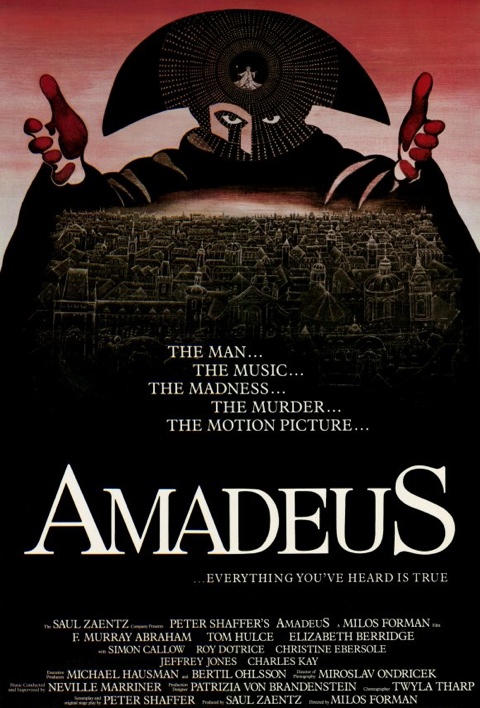
Amadeus
The play is the story of Antonio Salieri’s manipulation of Wolfgang Amadeus Mozart and the Court of Emperor Joseph of Austria. The play shows us not only the depths of his manipulation, but also the evolution of the attitudes of the people in the Court. Salieri successfully manipulates Mozart’s death. But he fails to contain the music or Mozart’s fame.
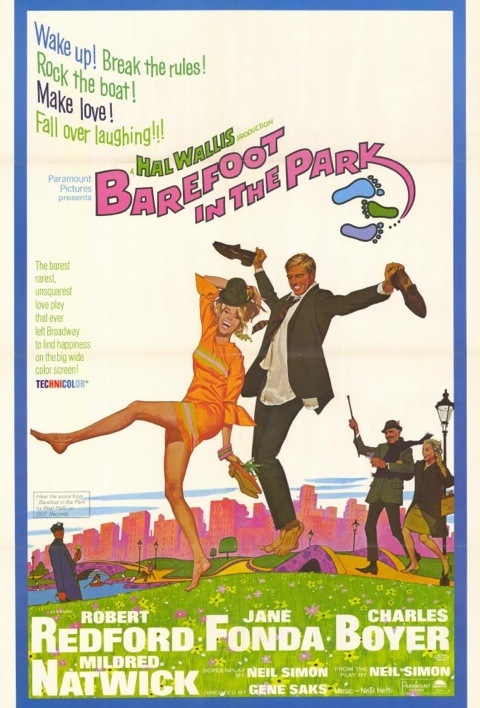
Barefoot in the Park
Paul does not think he can juggle being an ambitious attorney and a happy-go-lucky husband at the same time:
Paul: I guess I’m pretty excited. You want me to be rich and famous, don’t you?
Corie: During the day. At night I want you to be here and sexy.
Paul: I will. Just as soon as “Birnbaum versus Gump” is over…”
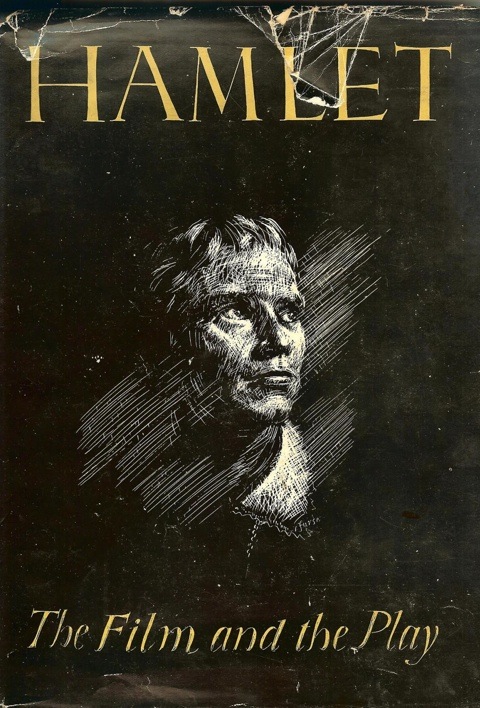
Hamlet
Hamlet is a seriously introspective man, tending to bouts of melancholy and mind games. Certain critics [notably A.C. Bradley] subscribe to the theory that Hamlet was a victim of the “Elizabethan malady” know as melancholy. “It was recognized as a disease and was the subject of treatises published in England and on the Continent. . . . In an age when the proper study of mankind was man, it seems improbable that a writer like Shakespeare, with his manifest intellectual curiosity and acquisitive mind, was unfamiliar with contemporary ideas regarding the causes, symptoms, and results of melancholy. . . . When Hamlet speaks of “my weakness and my melancholy” (2.2.630) for example; when he speaks “wild and whirling words” (1.5.133); when his mood shifts from deep depression to elation, he is following the pattern of behavior peculiar to the melancholic . . .” (Lowers 11).

Lord of the Flies
As the elected Chief, Ralph has the burden of trying to motivate everyone to build shelters and maintain a signal fire. His troubles grow from his inability to do so, and the knowledge that their only opportunity to get off the island is being squandered.

Sula
Nel undergoes a change in her thought process after Sula questions Nel’s belief in her own goodness, and Eva puts equal blame on Nel and Sula for Chicken Little’s death.
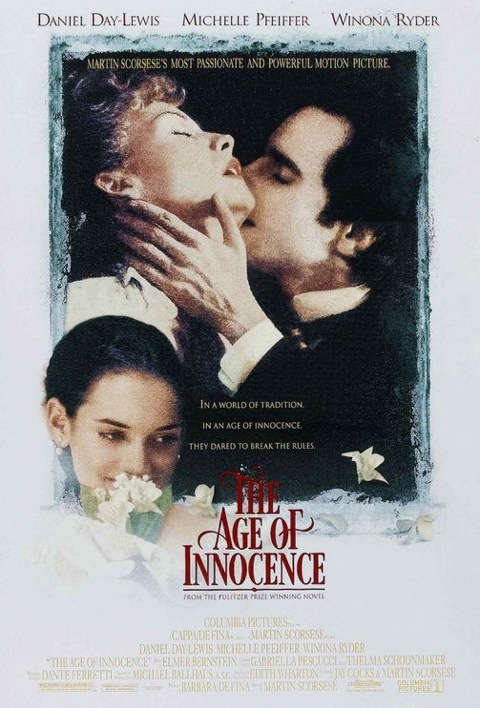
The Age of Innocence
Newland Archer considers himself a forward thinking man ready to accept new ideas, art, literature, and ways of living. He hopes to marry an intellectually stimulating woman. His liberal way of thinking clashes with the rigid society in which he lives. This causes him distress as he allows himself to be pulled into a simple, safe life.
“In matters of intellectual and artistic Newland Archer felt himself distinctly the superior of these chosen specimens of old New York gentility; he had probably read more, thought more, and even seen a good deal more of the world, than any other man of the number. Singly they betrayed their inferiority; but grouped together they represented “New York,” and the habit of masculine solidarity made him accept their doctrine on all the issues called moral. He instinctively felt that in this respect it would be troublesome—and also rather bad form—-to strike out for himself.” (Wharton, p. 8)
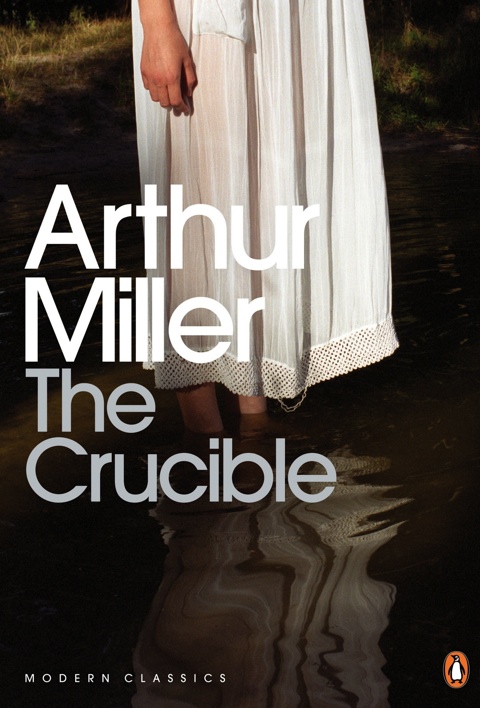
The Crucible
An individual among a rigid, tightly controlled theocratic society, John Proctor refuses to change his way of thinking to accommodate others. It is once he fails the woman he loves that he begins his exploration of pride, human fallibility, and forgiveness. At story’s end, he understands what it means to extend yourself to the community, yet at the same time remain true to one’s self.
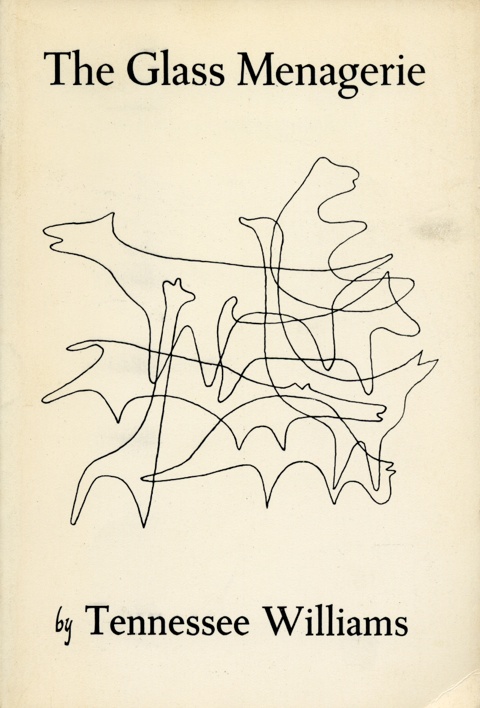
The Glass Menagerie
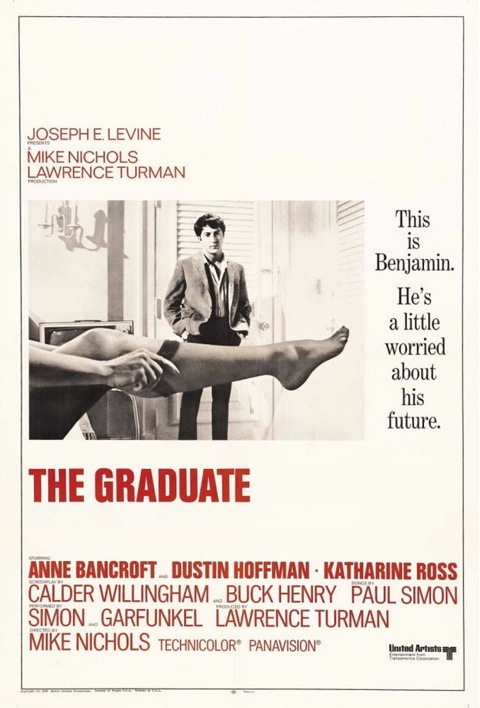
The Graduate
Because most of the film focuses on Ben’s perspective, the way he thinks is explored in depth. From the opening shot, Ben is deep in thought. He spends most of his time thinking over his situation. Whether he’s floating in his pool, or trying to figure out exactly how to get past the suspicious hotel clerk, Ben puts a lot of thought into everything he does.
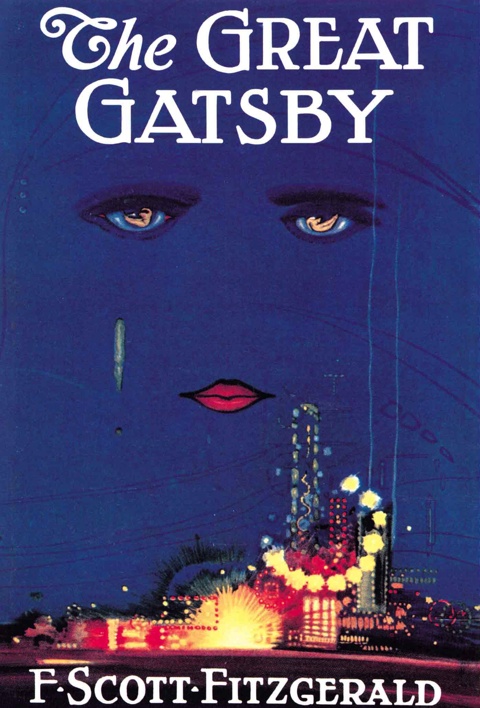
The Great Gatsby
Nick explores a new way of thinking about others’ moral shortcomings.

Washington Square
Catherine is manipulated by those around her, until she finally becomes her own person.
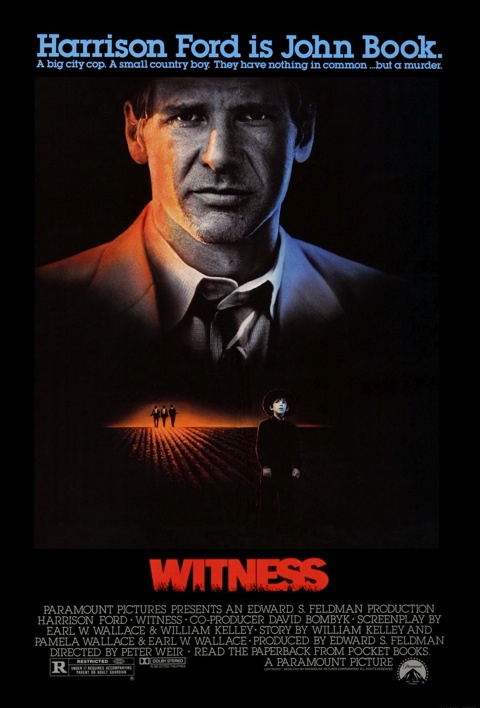
Witness
Rachel has grown up as one of the Amish, where questioning the prevailing cultural and moral values is frowned upon. Recently widowed, she’s expected to continue in that tradition and remarry soon. Unsure if that’s what she wants, Rachel visits her sister to get marriage advice, and the outside world presents her with alternative lifestyles and ways of thinking.
Additional Stories

A Separation

As Good As It Gets
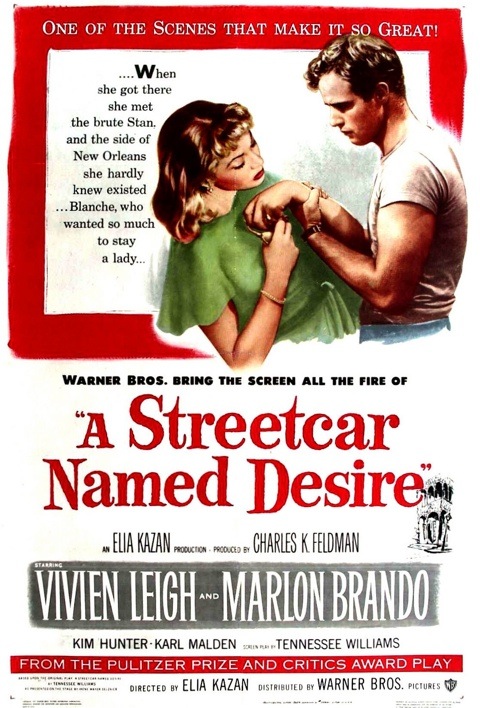
A Streetcar Named Desire
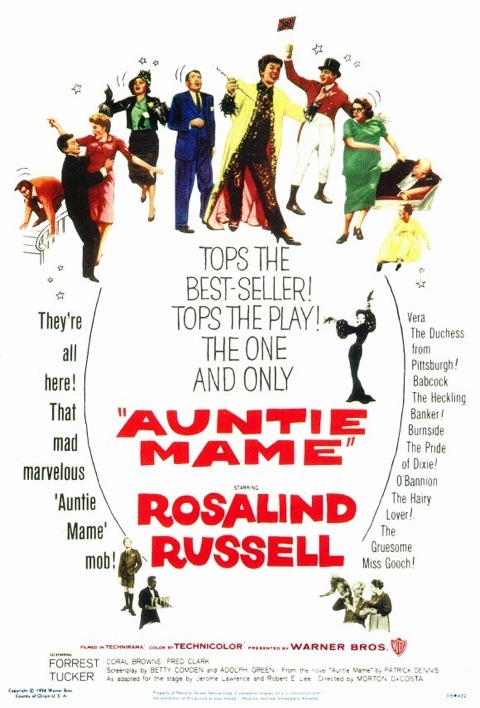
Auntie Mame
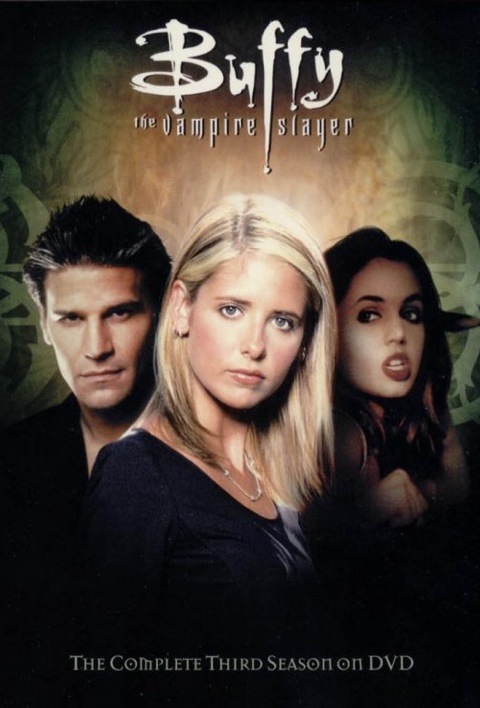
Buffy the Vampire Slayer
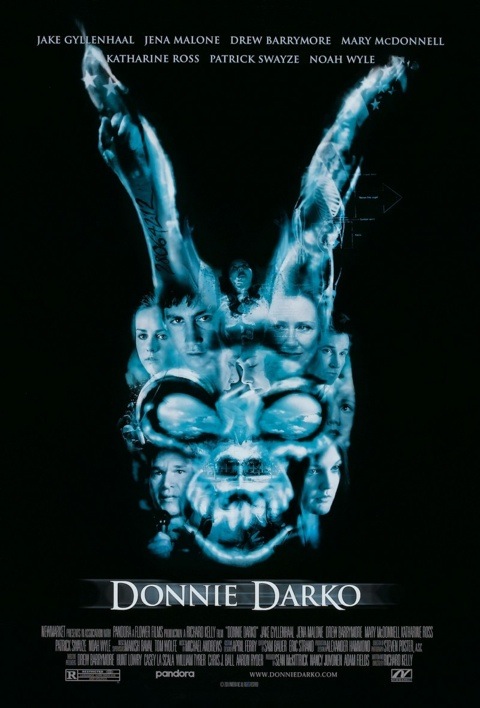
Donnie Darko

Everything Is Illuminated

Fair Game
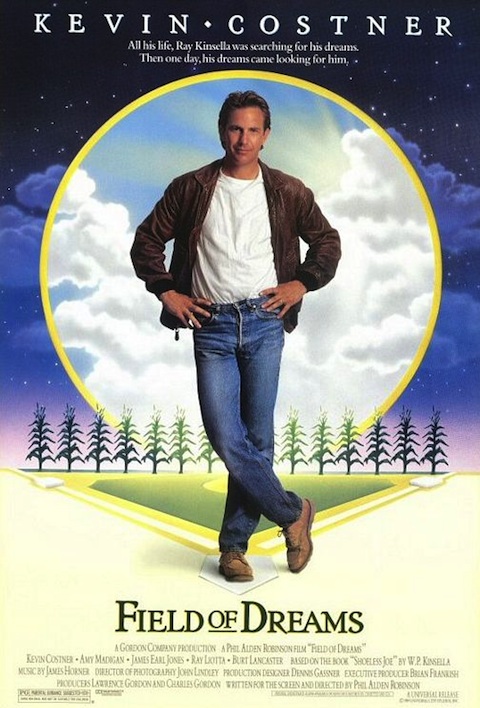
Field of Dreams

Frequency

Hotel Rwanda

In Bruges

In Her Shoes

Lone Star
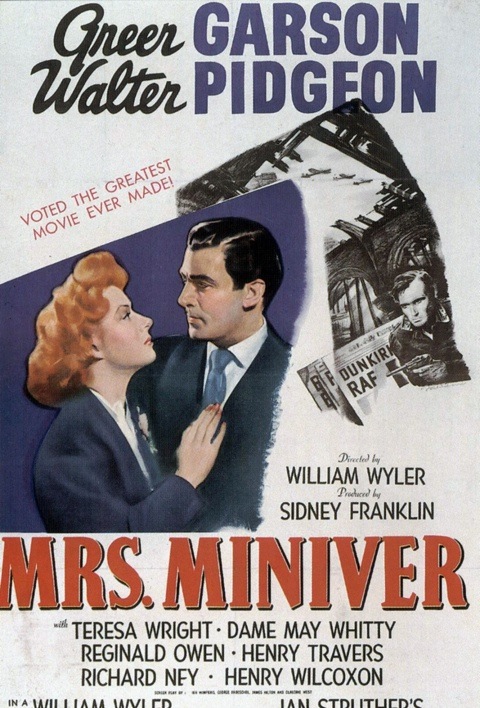
Mrs. Miniver

My So-Called Life
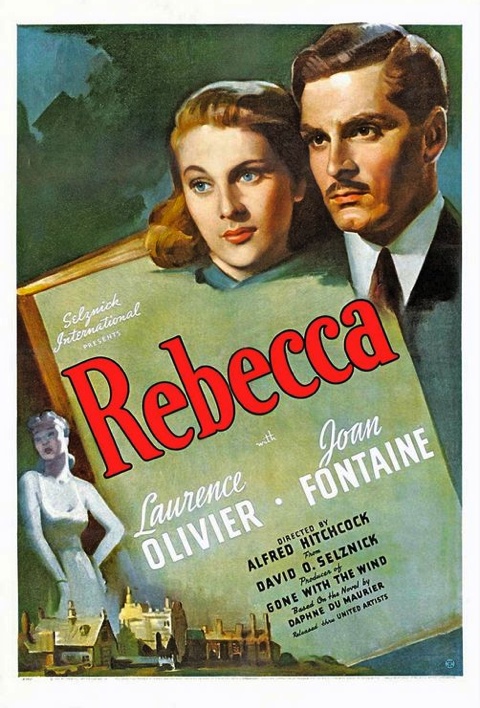
Rebecca
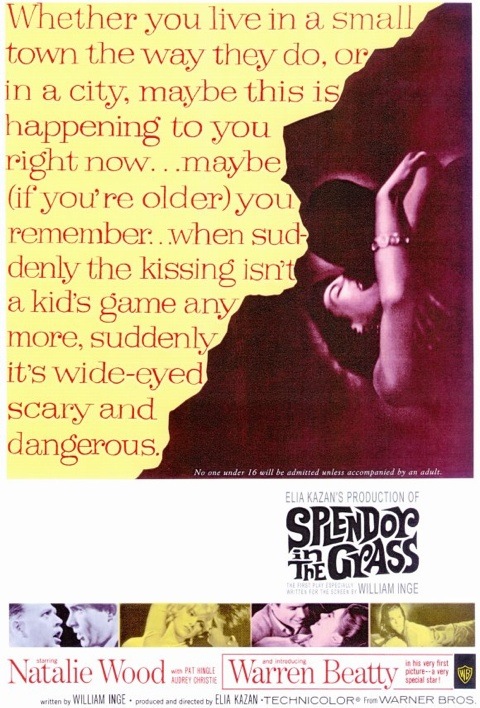
Splendor in the Grass

Talk to Her

The Apartment

The Contender

The Cooler
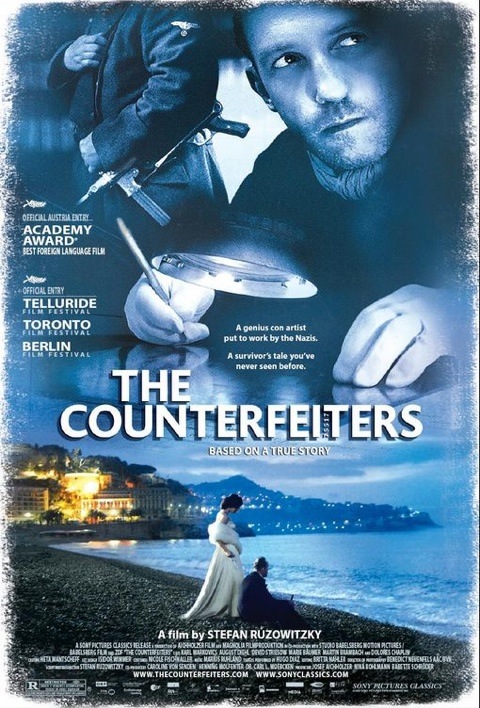
The Counterfeiters
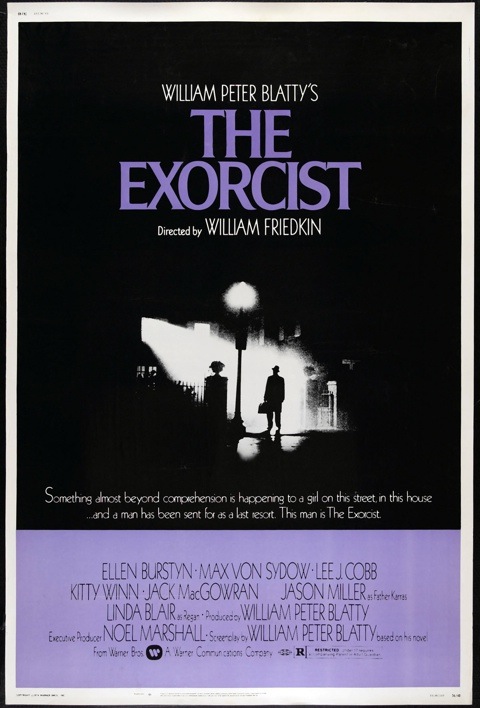
The Exorcist
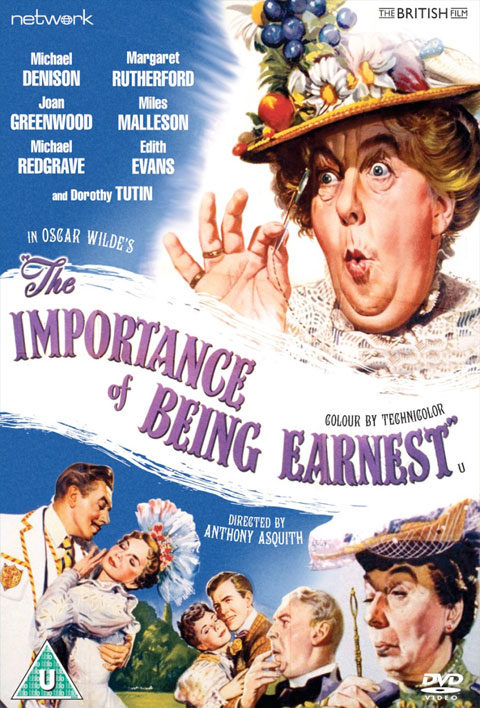
The Importance of Being Earnest
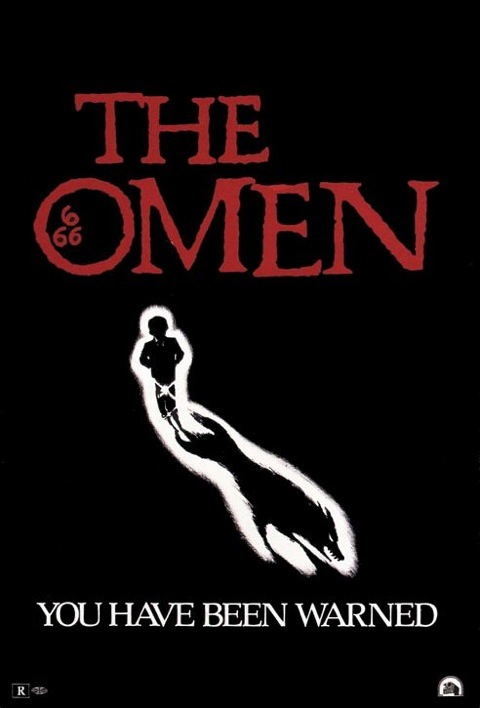
The Omen
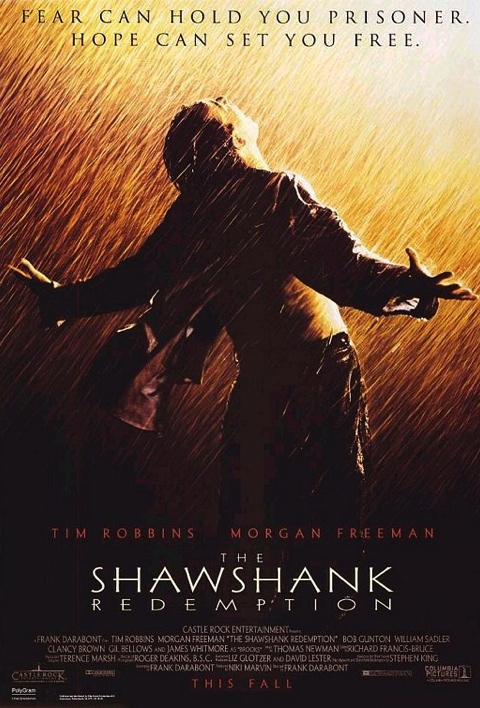
The Shawshank Redemption





